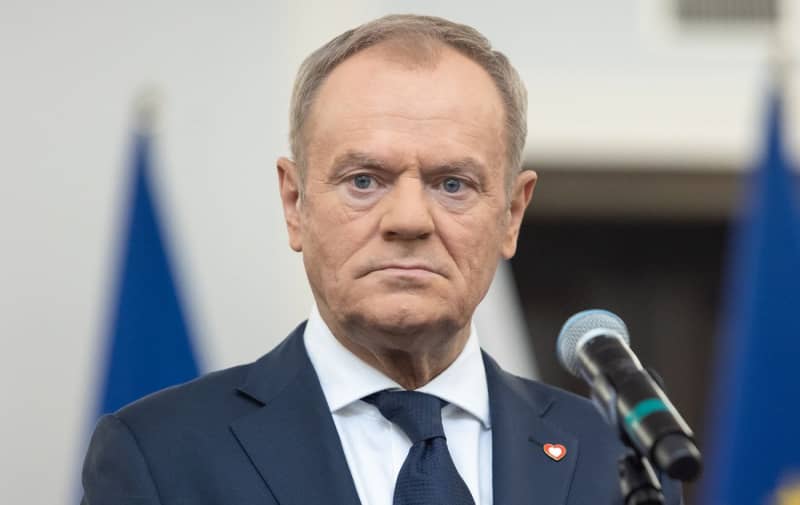
EU TO UNBLOCK €100 BILLION FOR POLAND AFTER GOVERNMENT CHANGE - FT
Brussels is studying ways to provide over 100 billion euros in EU funding for Poland, even if the country's president vetoes Donald Tusk's judicial reform, according to the Financial Times.
The European Commission froze funding during a prolonged dispute with the previous government led by the Law and Justice party (PiS).
To access the funds, the government must fulfill a series of conditions or "super milestones" related to the judicial system's independence. The problem for Tusk is that President Andrzej Duda, a PiS candidate who will remain in office until 2025, has blocked other reforms proposed by the new government and exacerbated a constitutional dispute with the prime minister.
Tusk, however, promised to expedite judicial reform to achieve the EU's main goals and expressed hope that Duda would sign them into law.
"We are aiming at reaching [the] milestones within the institutional framework that we have, namely a government fully dedicated to the rule of law and a president who — from time to time — disrespects it. And the commission understands this reality very well," said a representative of the Polish government.
EU officials are confident that Duda will not sabotage this law, opening up long-awaited funding for Poland.
"It's for the president, it's his prerogative to decide," said Commission Vice President Vera Jourova, adding that she feels Duda is ready to consider proposals.
Alternative path
However, if Duda continues the blockade, Brussels and Warsaw are developing an alternative way to unlock funds, according to people familiar with the discussion.
Justice Commissioner Didier Reynders is meeting with Justice Minister Adam Bodnar in Warsaw on Friday to discuss ensuring Poland can meet all the necessary cash access conditions.
"The commission, together with the Polish government, will seek to ensure that equally effective solutions can be found for the remaining issues," said a commission representative.
One option includes the partial or complete unlocking of 76.5 billion euros in regular EU funds, which were frozen at the end of 2022 due to the independence of the judiciary but are not formally related to the "super milestones."
As for the EU recovery funds after the pandemic, totaling 35.4 billion euros in the form of loans and grants, Poland will need to gain access to them before the end of their term in 2026. Brussels and Warsaw are working on a "combination of legislative and non-legislative means" to make it happen, officials from the EU and Poland said.
Poland has already requested 7 billion euros in recovery funds and expects them to be paid this spring. Warsaw hopes to receive 23 billion euros in recovery funds this year.
This issue is politically sensitive for Commission President Ursula von der Leyen, who needs to ensure that the new pro-European government in Poland, originating from the same political force as she, does not take a favorable attitude.
Money for Ukraine
After joining the European Union, Ukraine will have the right to receive 186 billion euros from the bloc's budget over seven years.
According to current EU rules, Ukraine will receive 96.5 billion euros under the Common Agricultural Policy (CAP) over seven years.
Ukraine will also have the right to receive 61 billion euros from EU cohesion funds, which are used to improve infrastructure in the poorest EU member states. According to Financial Times estimates, out of the nine new member states, the Czech Republic, Estonia, Lithuania, Slovenia, Cyprus, and Malta will lose the right to such funding."
2024-01-19T10:54:36Z dg43tfdfdgfd